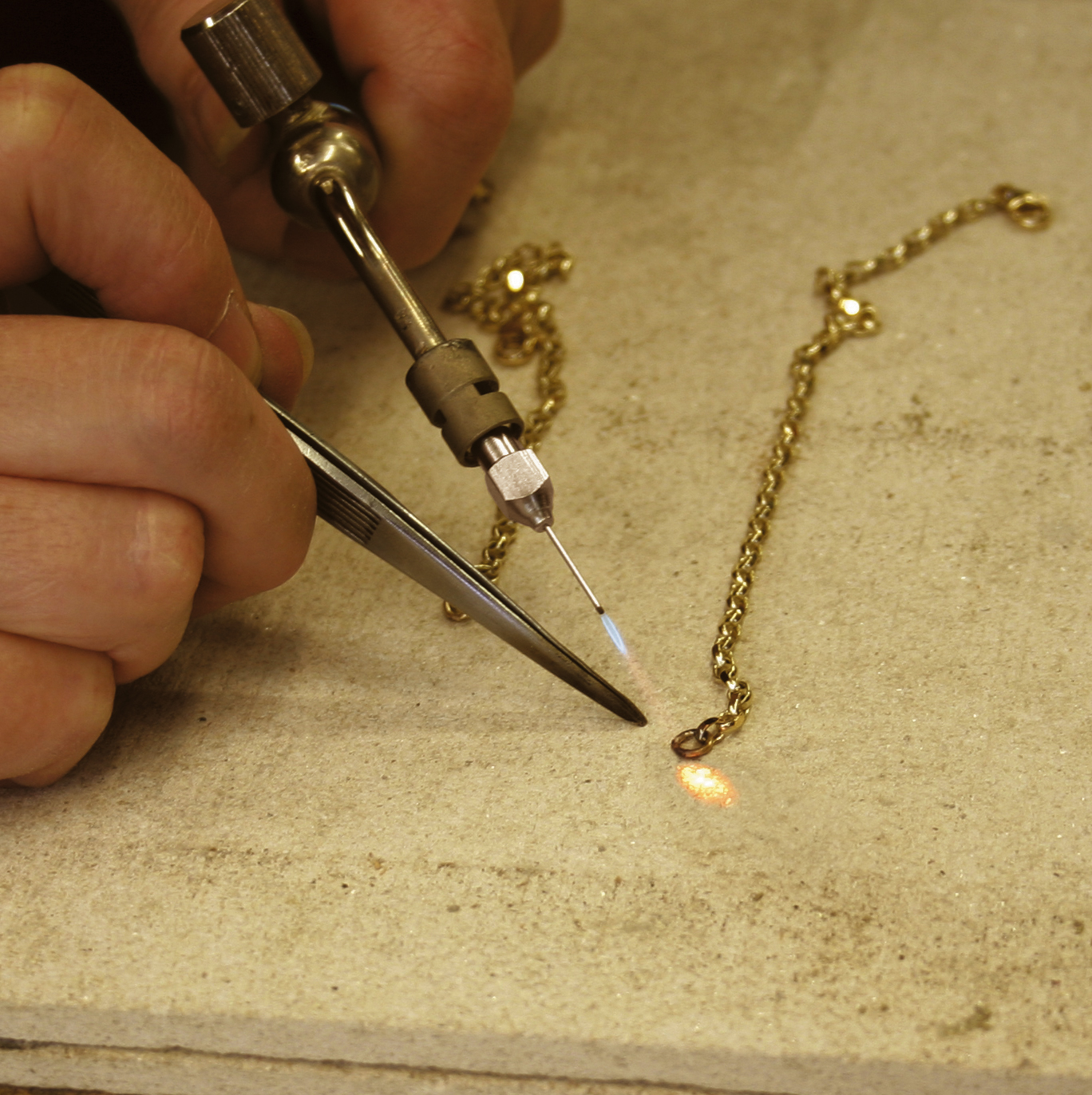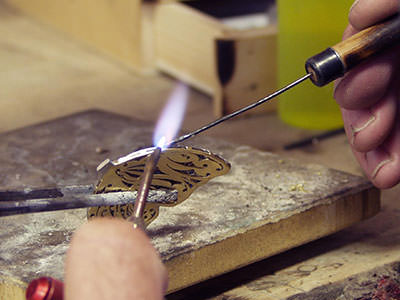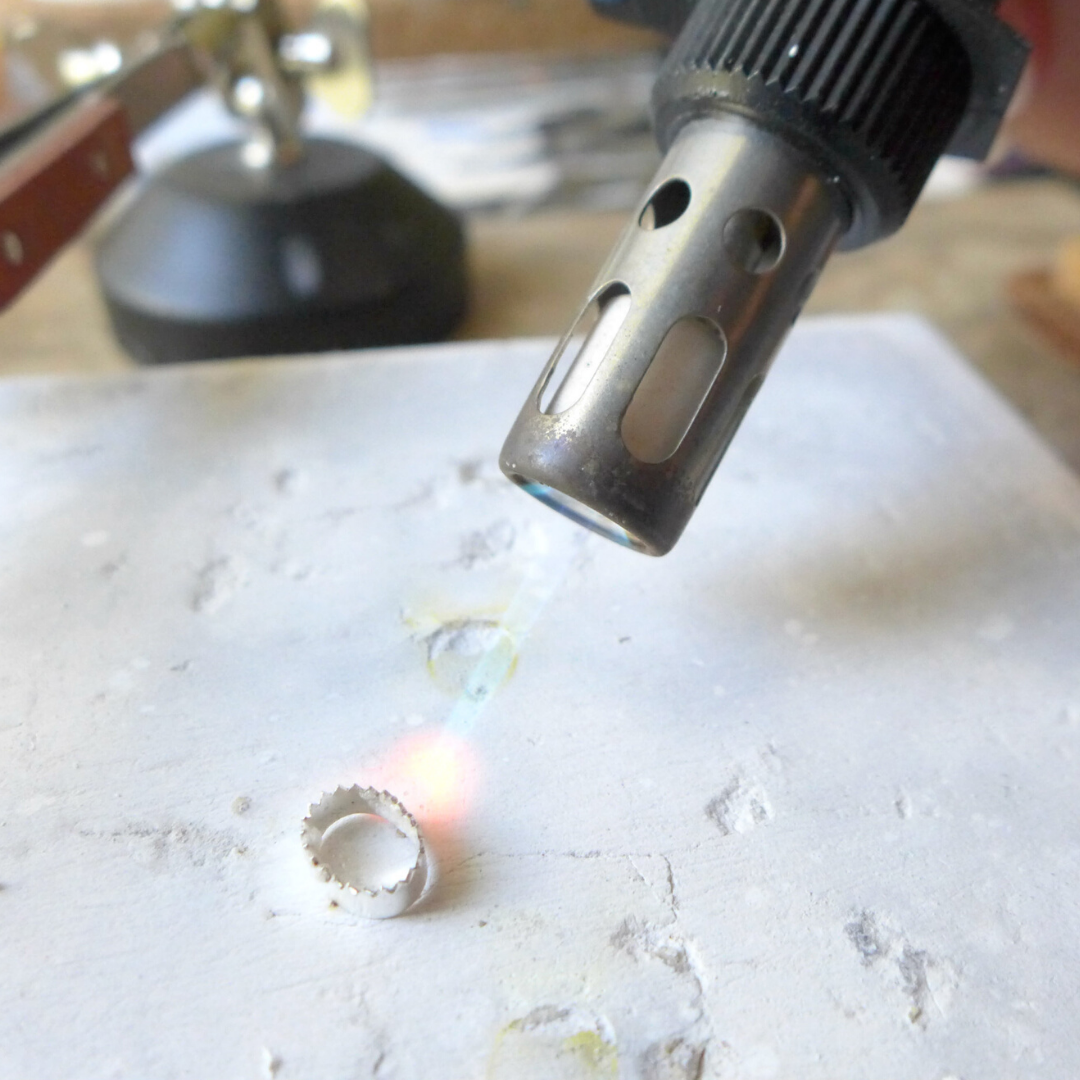The Precision of Creation: A Comprehensive Guide to Jewelry Soldering Machines
Related Articles: The Precision of Creation: A Comprehensive Guide to Jewelry Soldering Machines
Introduction
In this auspicious occasion, we are delighted to delve into the intriguing topic related to The Precision of Creation: A Comprehensive Guide to Jewelry Soldering Machines. Let’s weave interesting information and offer fresh perspectives to the readers.
Table of Content
The Precision of Creation: A Comprehensive Guide to Jewelry Soldering Machines

The world of jewelry crafting is an intricate dance of artistry and technical skill. Each piece, from delicate earrings to elaborate necklaces, is a testament to the jeweler’s vision and the tools that bring that vision to life. Among these tools, the jewelry soldering machine holds a paramount position, facilitating the crucial process of joining metal components with unparalleled precision and efficiency.
This comprehensive guide delves into the intricacies of jewelry soldering machines, exploring their mechanisms, types, applications, and the advantages they offer in the modern jewelry workshop.
Understanding the Essence of Soldering
Soldering is a fundamental technique in jewelry making, allowing for the permanent joining of metal components. This process involves using a filler metal, known as solder, which has a lower melting point than the base metals being joined. When heated, the solder melts and flows into the gap between the components, creating a strong and lasting bond.
The Role of a Jewelry Soldering Machine
Traditional soldering methods often relied on torches or soldering irons, demanding meticulous control over the heat and the risk of overheating or damaging delicate pieces. Jewelry soldering machines revolutionized the process, offering a controlled and consistent heat source, significantly enhancing the precision and efficiency of soldering.
Types of Jewelry Soldering Machines
Jewelry soldering machines come in various forms, each suited to specific applications and requirements:
-
Torch Soldering Machines: These machines utilize a torch-like flame, typically fueled by propane or butane, to generate concentrated heat. Torch soldering machines are versatile and can be used for various soldering tasks, but they require careful control to avoid overheating.
-
Induction Soldering Machines: Induction soldering employs electromagnetic fields to generate heat directly within the metal. This method offers exceptional precision, minimizing the risk of overheating surrounding areas. Induction soldering machines are ideal for delicate pieces and intricate designs.
-
Resistance Soldering Machines: Resistance soldering utilizes electrical resistance to generate heat. Two electrodes are positioned on either side of the joint, and the flow of electricity creates heat, melting the solder. This method is particularly well-suited for mass production and repetitive soldering tasks.
Key Features and Considerations
When selecting a jewelry soldering machine, several factors should be considered:
-
Heat Control: Precise temperature regulation is crucial for successful soldering. The machine should offer a wide temperature range and precise control to accommodate different metals and soldering applications.
-
Power and Output: The power output of the machine dictates the speed and efficiency of the soldering process. Higher power output allows for faster heating and larger soldering tasks.
-
Safety Features: Safety is paramount in any workshop environment. Look for machines equipped with safety features like automatic shut-off, grounding, and protective shields.
-
Versatility: Consider the machine’s ability to handle various soldering tasks, including different metals, thicknesses, and joint types.
-
Ease of Use: User-friendliness is important, especially for beginners. Look for machines with intuitive controls and clear instructions.
Benefits of Using a Jewelry Soldering Machine
Jewelry soldering machines offer a multitude of benefits, enhancing both the quality and efficiency of the soldering process:
-
Precision and Control: The controlled heat source minimizes the risk of overheating or damaging delicate pieces, resulting in precise and consistent soldering.
-
Efficiency and Speed: Machines can significantly speed up the soldering process, increasing productivity and allowing for faster turnaround times.
-
Safety and Reliability: The controlled heat source and safety features minimize the risk of burns or accidents, creating a safer working environment.
-
Consistency and Repeatability: Machines ensure consistent results, regardless of the operator’s skill level, leading to more predictable and reliable soldering outcomes.
-
Versatility: Various machines cater to specific needs, offering a range of options for different soldering tasks and metals.
FAQs about Jewelry Soldering Machines
1. What is the best type of jewelry soldering machine for beginners?
For beginners, an induction soldering machine is often recommended due to its ease of use and precision. Induction machines provide a more controlled heat source and minimize the risk of overheating, making them ideal for learning the soldering process.
2. How do I choose the right solder for my jewelry?
The choice of solder depends on the metals being joined and the desired strength of the bond. For example, silver solder is commonly used for silver jewelry, while gold solder is used for gold jewelry. Consult with a supplier or a knowledgeable jeweler to determine the appropriate solder for your specific needs.
3. What are the safety precautions when using a jewelry soldering machine?
Always wear appropriate safety gear, including safety glasses, gloves, and a respirator. Ensure the machine is properly grounded and use a well-ventilated area. Never leave the machine unattended while it is operating.
4. Can I use a jewelry soldering machine for other metals besides precious metals?
While jewelry soldering machines are primarily designed for precious metals like gold, silver, and platinum, they can also be used for other metals with compatible melting points, such as copper, brass, and bronze.
5. How do I clean and maintain my jewelry soldering machine?
Regular cleaning and maintenance are essential for prolonging the life of your soldering machine. Follow the manufacturer’s instructions for cleaning and lubricating the machine. Ensure the air filters are clean and replace any worn-out parts as needed.
Tips for Successful Jewelry Soldering
- Cleanliness is Key: Ensure the metal surfaces to be joined are clean and free of any debris or oxidation.
- Proper Flux Application: Use a suitable flux to prevent oxidation and improve the flow of solder.
- Controlled Heat: Use a consistent and controlled heat source, avoiding overheating the metal.
- Joint Design: Consider the joint design for optimal strength and appearance.
- Practice Makes Perfect: Consistent practice and experience are crucial for achieving successful soldering results.
Conclusion
Jewelry soldering machines have become indispensable tools in the modern jewelry workshop, enabling jewelers to create intricate and durable pieces with exceptional precision and efficiency. By understanding the different types of machines, their key features, and the advantages they offer, jewelers can select the ideal tool for their needs and elevate their craftsmanship to new heights. With proper care and practice, a jewelry soldering machine can be a valuable asset, allowing for the creation of stunning and enduring jewelry masterpieces.








Closure
Thus, we hope this article has provided valuable insights into The Precision of Creation: A Comprehensive Guide to Jewelry Soldering Machines. We hope you find this article informative and beneficial. See you in our next article!